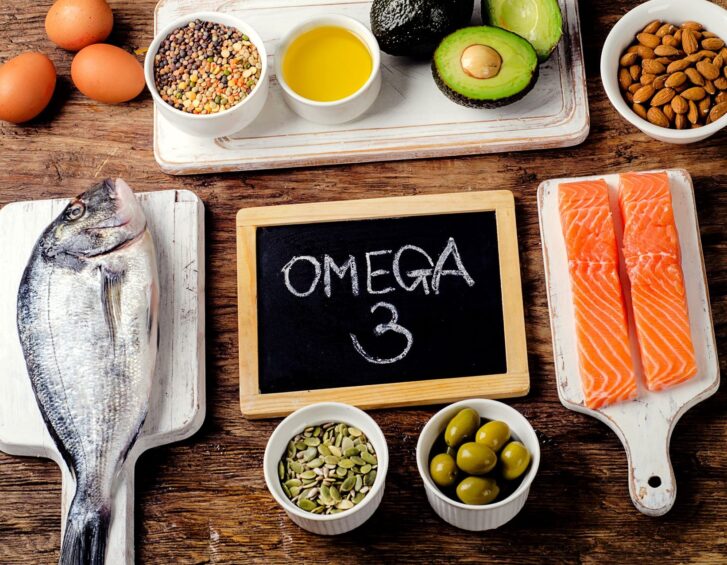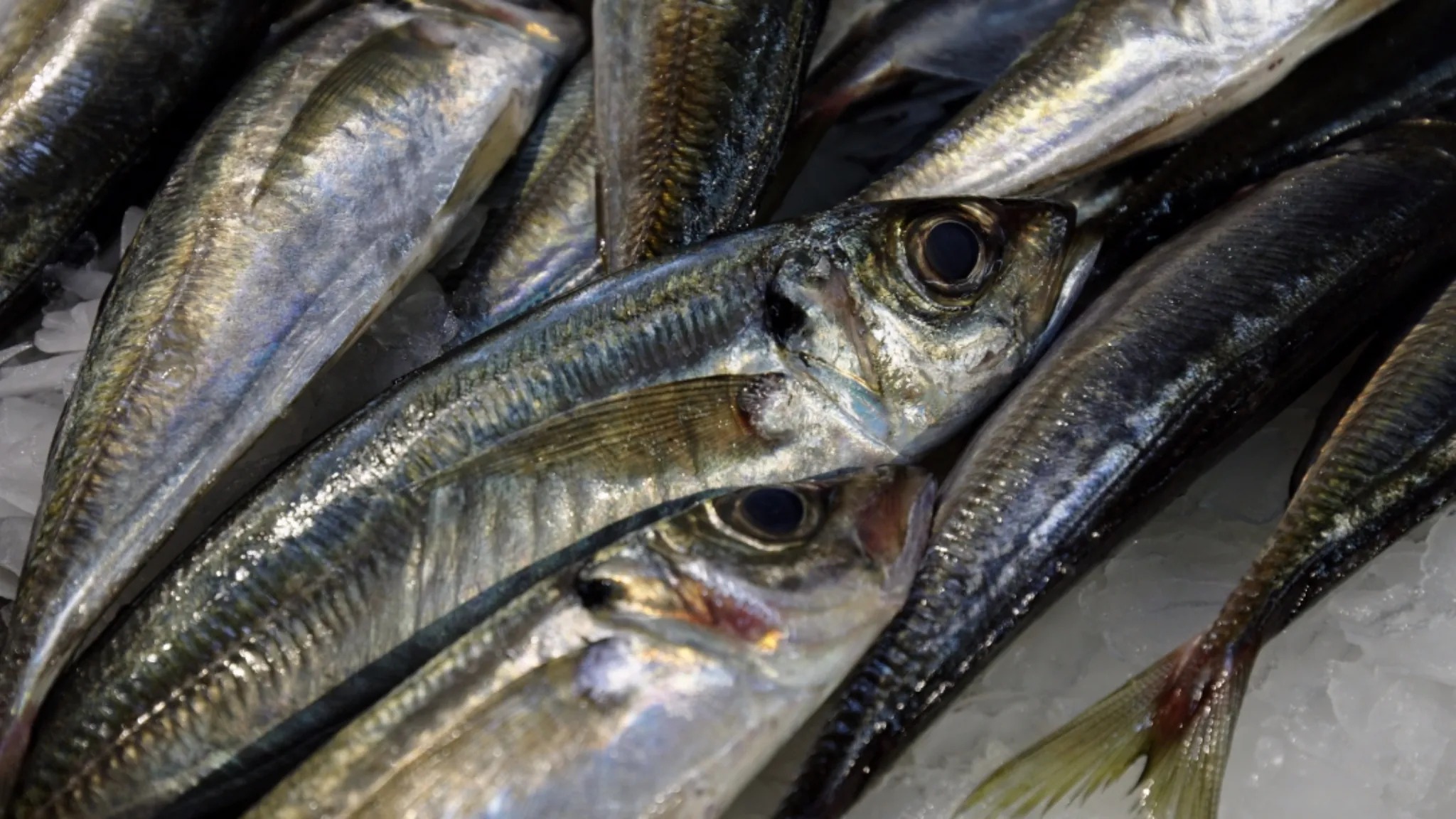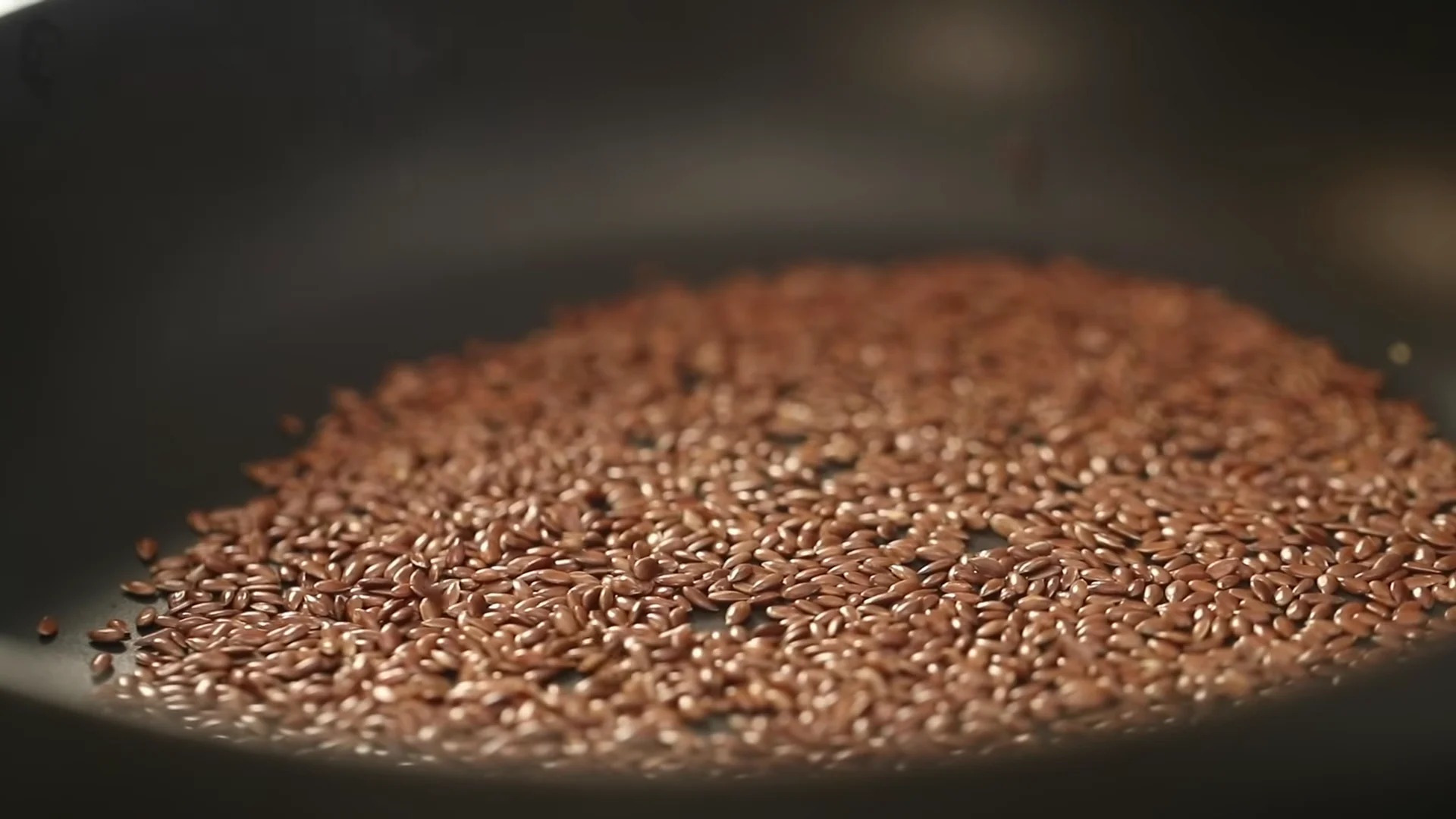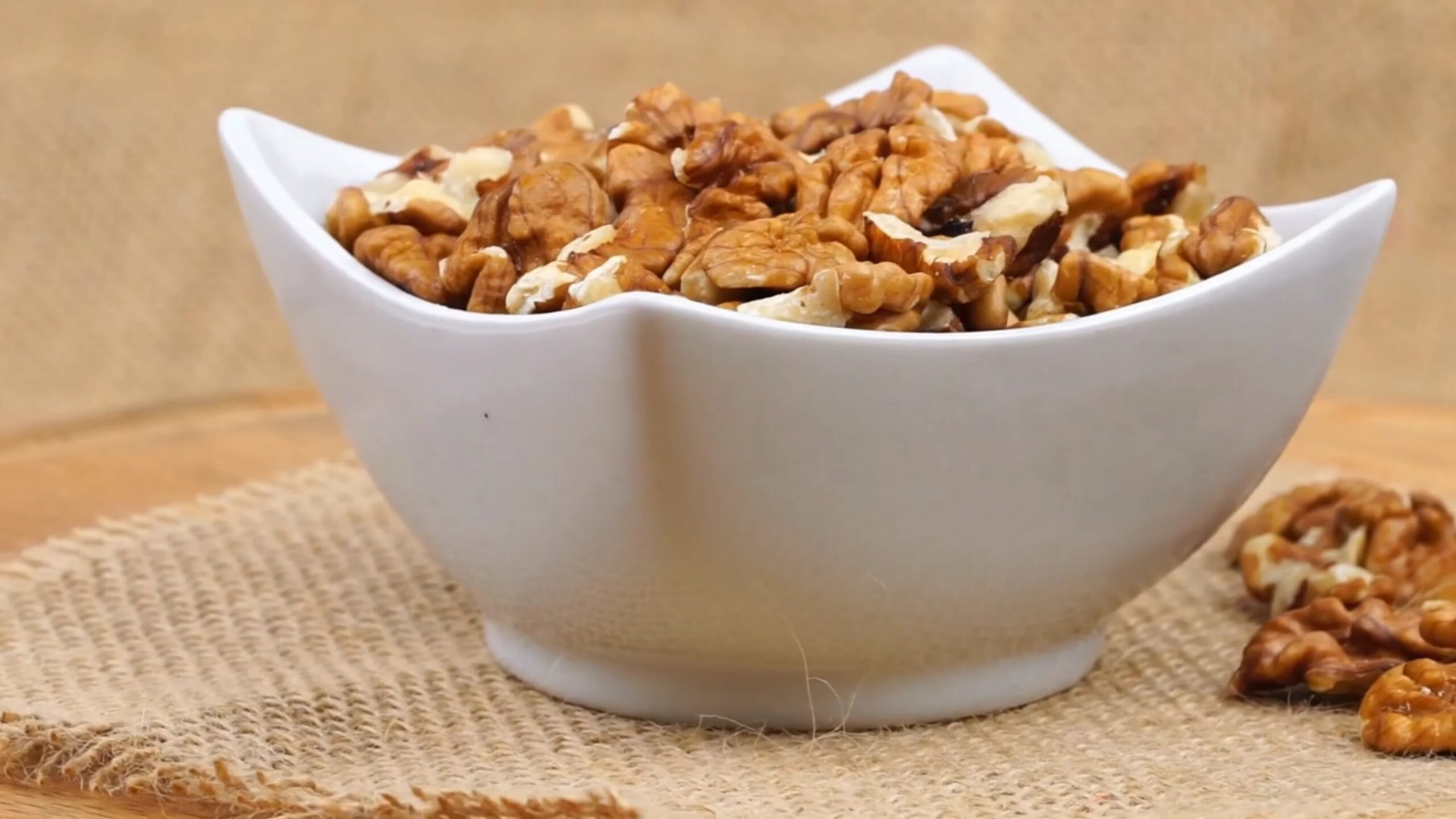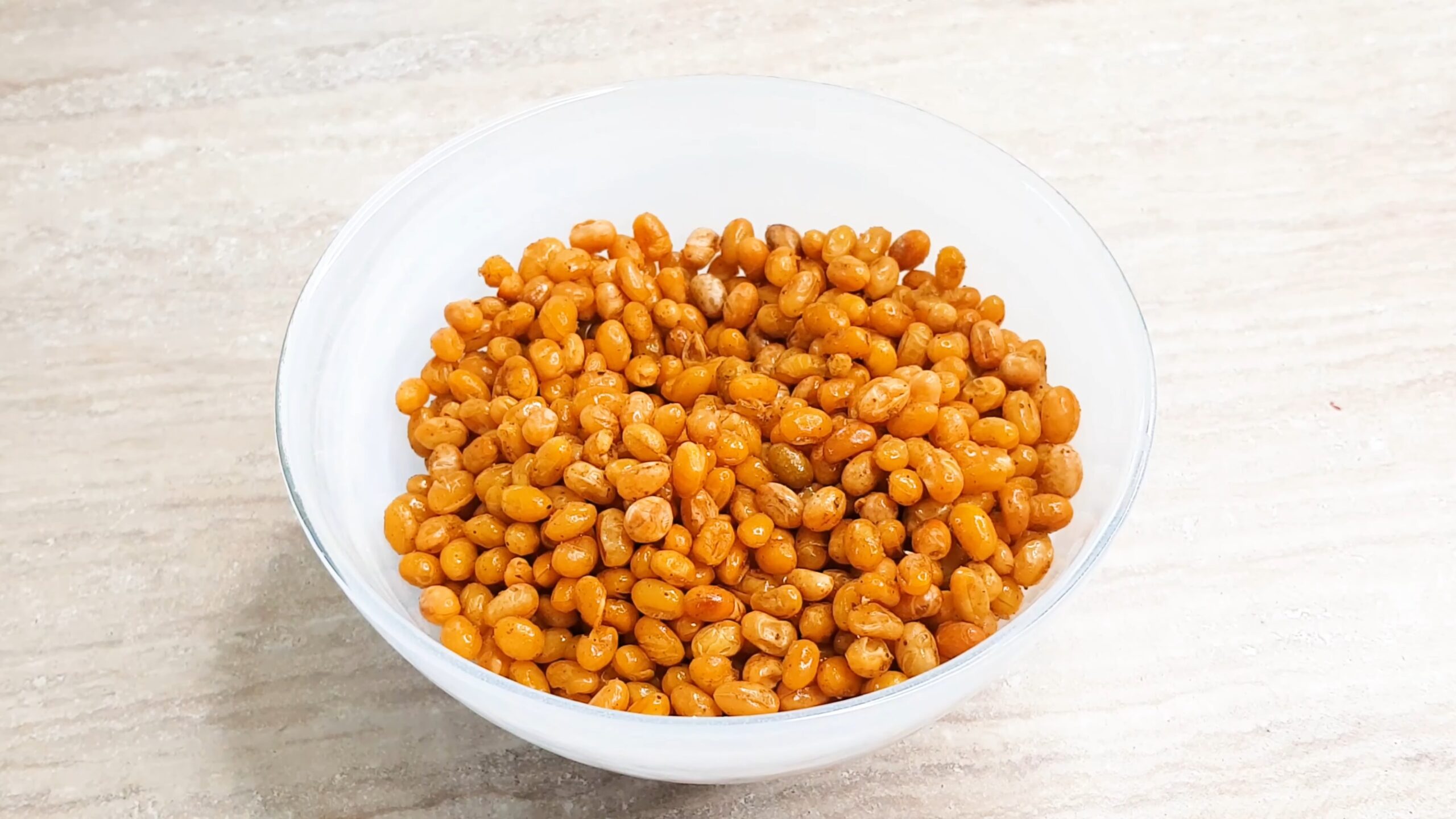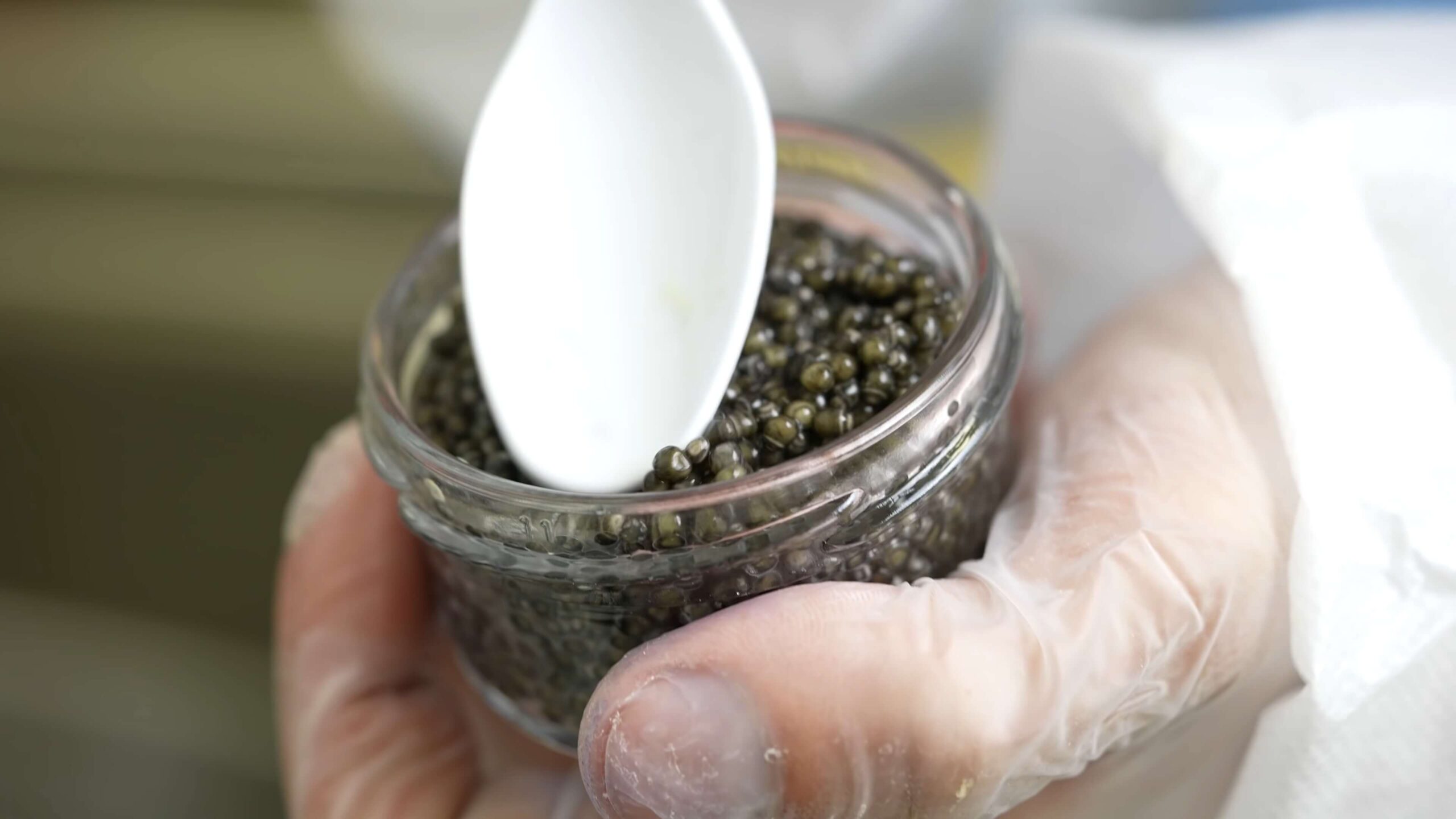Omega-3 fatty acids are essential for maintaining optimal health, and crucial for brain function and overall physical well-being. For adults, achieving the recommended daily intake of 250–500 milligrams of omega-3s, through forms like EPA and DHA, is vital. Typically, consuming fish such as salmon or mackerel twice a week is sufficient to meet these requirements.
However, not everyone includes fish in their diet, prompting the search for alternative omega-3 sources. For vegetarians, vegans, or those simply seeking variety, finding plant-based omega-3 options is essential. Foods like flaxseeds, walnuts, and hemp oil are excellent sources, allowing for diverse dietary plans without compromising on omega-3 intake.
This guide is designed to simplify the inclusion of omega-3s in any diet, focusing on accessible sources beyond fish. Highlighting the best plant-based and fortified foods, we aim to ensure you can easily integrate these nutrients into your daily meals. With these strategies and IdealNutrition help, maintaining adequate omega-3 levels becomes straightforward, supporting your health without reliance on traditional marine sources.
What Are the Best Sources?
While there are numerous sources available, certain foods stand out for their exceptional content of these beneficial fats. In the following sections, we will explore some of the most effective sources, each unique in its nutritional offerings.
Fatty Fish
Fatty fish stand out as one of the most beneficial categories for obtaining essential fatty acids, particularly EPA and DHA. These nutrients play a vital role in heart health, brain function, and overall wellness. Among the various types of fish, a few are especially noteworthy for their nutrient content.
Mackerel
A small yet nutrient-packed fish, offers an abundance of EPA and DHA. We’ll look at its comprehensive nutrient profile and discuss how this fish can be a valuable addition to your dietary regimen. Additionally, mackerel is an excellent source of vitamin B12 and selenium, essential for maintaining nerve health and supporting the immune system. Its ease of preparation makes it an accessible option for quick, nutritious meals.
Cod Liver Oil
For those who prefer supplements or have dietary restrictions, cod liver oil is an excellent alternative. Rich in both omega-3s and essential vitamins, it’s a convenient way to boost your intake of these crucial nutrients.
Just one tablespoon of this oil can significantly contribute to the daily intake requirements of these fatty acids. Beyond its omega-3 content, cod liver oil is also rich in vitamins D and A, crucial for bone health and immune function.
Herring
Not only that it provide a significant amount of EPA and DHA but also comes loaded with other essential nutrients. Herring is also known for its high vitamin B12 and selenium content. Often consumed smoked or pickled, herring adds a flavorful dimension to various dishes.
Comparison
| Source | Key Nutrients | Best Features |
|---|---|---|
| Mackerel | EPA, DHA, Vitamin B12, Selenium | High in EPA and DHA, excellent for heart and brain health |
| Cod Liver Oil | EPA, DHA, Vitamins D and A | Concentrated source of omega-3s, beneficial for bone and immune health |
| Herring | EPA, DHA, Vitamin B12, Selenium | Rich in essential fatty acids and vitamins, versatile in cooking |
What About Plant-Based Sources?
In the world of nutrition, plant-based sources of omega-3 fatty acids are gaining attention for their health benefits and versatility. They are particularly important for vegetarians, vegans, and those who prefer plant-based diets. Among these, flaxseeds, walnuts, and soybeans stand out for their omega-3 content and other nutritional benefits.
Flaxseeds
Flaxseeds are a remarkable source of Alpha-Linolenic Acid (ALA), a type of omega-3 fatty acid. What makes flaxseeds particularly appealing is their versatility. They can be easily incorporated into a variety of dishes, from smoothies and oatmeal to baked goods.
Besides omega-3, flaxseeds are also rich in dietary fiber, lignans, and protein, making them a powerhouse of nutrition. Their high fiber content aids in digestion and helps in maintaining a healthy gut.
Walnuts
Walnuts are not only a tasty snack but also a significant source of ALA. They are unique among nuts for their omega-3 content. Along with healthy fats, walnuts are loaded with antioxidants, vitamins, and minerals.
They are particularly high in manganese and copper, essential minerals for brain health and maintaining strong bones. The antioxidants present in walnuts, including polyphenols, can help fight oxidative stress and inflammation, two culprits of many chronic diseases.
Soybeans
Soybeans are a unique addition to this list, as they offer a balance of omega-3 and omega-6 fatty acids. This balance is crucial since most diets are heavy in omega-6 and low in omega-3, leading to potential health issues.
Soybeans are a complete protein source, making them particularly valuable in vegetarian and vegan diets. They are also rich in vitamins and minerals, including riboflavin, folate, vitamin K, magnesium, and potassium.
Comparison
| Source | Omega-3 Type | Key Nutrients | Unique Benefits |
|---|---|---|---|
| Flaxseeds | ALA | Fiber, Lignans, Protein | High in antioxidants, aids in digestion |
| Walnuts | ALA | Antioxidants, Manganese, Copper | Supports brain health, rich in polyphenols |
| Soybeans | ALA | Protein, Vitamins, Minerals | Complete protein, balances omega-3 and omega-6 |
Seafood is Also a Great Option
Among the various types of seafood, oysters, sardines, and caviar are particularly noteworthy for their nutritional profiles, including their content of essential fatty acids and other vital nutrients.
Oysters
Oysters are more than just a delicacy; they are a nutritional powerhouse. One of their most significant attributes is their high zinc content, essential for immune function, cell growth, and wound healing. In addition to zinc, oysters provide a substantial amount of EPA and DHA, types of omega-3 fatty acids crucial for brain health and reducing inflammation.
Caviar
Known for its luxurious status, it is also a valuable source of nutrients. It is particularly high in EPA and DHA, contributing to heart and brain health. Caviar is also a good source of vitamins A and E, both powerful antioxidants that help protect cells from damage. Additionally, it contains a good amount of vitamin B12 and selenium.
Comparison
| Seafood | Key Omega-3s | Other Nutrients | Health Benefits |
|---|---|---|---|
| Oysters | EPA, DHA | Zinc, Copper, Selenium | Boosts immune function, supports brain health |
| Caviar | EPA, DHA | Vitamins A, E, B12, Selenium | Antioxidant-rich, supports heart and brain health |
Other Notable Sources
Anchovies, pasture-raised eggs, and grass-fed meats and dairy products offer unique nutritional profiles, making them excellent additions to a diverse and healthful diet.
Anchovies
Anchovies are tiny fish with a robust flavor profile and an impressive nutritional value. They are an excellent source of EPA and DHA, contributing significantly to heart and brain health. Anchovies are also high in protein, calcium, and vitamins like niacin and riboflavin.
Pasture-Raised Eggs
Pasture-raised eggs are a standout among egg varieties for their higher omega-3 content. Chickens that roam freely and consume a natural diet produce eggs with a better nutrient profile compared to conventional eggs. These eggs are not only a source of omega-3 fatty acids but also contain higher levels of vitamin E and beta-carotene.
Grass-Fed Meats and Dairy
Animals that feed on grass have higher levels of omega-3 fatty acids in their meat and milk compared to those fed grain-based diets. These products are also higher in conjugated linoleic acid (CLA), which has been linked to reduced body fat and other health benefits.
Practical Tips for Including These Foods in Daily Meals
Incorporating foods high in omega-3 fatty acids into your daily meals can be simple and enjoyable. The key is to balance these sources with your overall dietary needs, ensuring a varied and nutrient-dense diet.
- Start with Breakfast: Begin your day with a meal that includes omega-3 sources. Add ground flaxseeds to your oatmeal or yogurt, or opt for a breakfast of pasture-raised eggs. These options provide a nutritious start to your day.
- Choose the right Snacks: For snacks, walnuts or almonds are excellent choices. They’re not only packed with essential fatty acids but also provide a satisfying crunch. Keep a small bag of mixed nuts handy for a quick and healthy snack.
- Diverse Lunch and Dinner Options: Incorporate fatty fish like salmon or mackerel into your lunch or dinner a few times a week. For plant-based meals, consider adding soybeans or flaxseed-based products. Salads with walnuts or flaxseeds are another great way to include these nutrients in your diet.
- Include enough Omega-3s when cooking: Use flaxseed oil for salad dressings or walnut oil in your cooking. These oils add a nutritious boost to your meals.
- Balance Your Diet: Make sure to don’t forget other essential nutrients. A balanced diet includes a variety of fruits, vegetables, whole grains, and lean proteins. This diversity ensures you’re getting a broad spectrum of vitamins, minerals, and other nutrients essential for good health.
FAQs
Can omega-3 fatty acids help you lose weight?
Yes, omega-3 fatty acids can play a role in weight management. They may help regulate body fat and contribute to a feeling of fullness, which can aid in weight control. However, they should be part of a balanced diet and healthy lifestyle for effective weight management.
Are there any risks associated with consuming too much omega-3?
While omega-3 fatty acids are essential and beneficial, excessive intake, especially from supplements, can lead to adverse effects such as blood thinning or an increased risk of bleeding. It’s important to consume them in moderation and consult with a healthcare provider if you’re considering high-dose supplements.
How can vegetarians and vegans meet their omega-3 fatty acid needs?
Vegetarians and vegans can meet their omega-3 needs through plant-based sources like flaxseeds, walnuts, and soybeans. Algal oil supplements, derived from algae, are also a viable vegan source of EPA and DHA.
Can cooking methods affect the omega-3 content in fish?
Yes, cooking methods can impact the omega-3 content in fish. Grilling, baking, or steaming fish preserves more omega-3 fatty acids compared to frying. It’s also advisable to cook fish at lower temperatures to retain its nutritional value.
Is it safe for pregnant women to consume omega-3 supplements?
Omega-3 fatty acids are important for fetal development, especially DHA. Pregnant women can safely consume omega-3 supplements, but it’s crucial to choose high-quality, mercury-free supplements and consult with a healthcare provider for the appropriate dosage.
Summary
It’s important to balance these nutrients within the context of a varied and balanced diet. Whether through direct food sources or supplements, mindful consumption of omega-3s can contribute significantly to a healthy lifestyle. Remember, dietary choices are deeply personal and should align with individual health needs and preferences.

